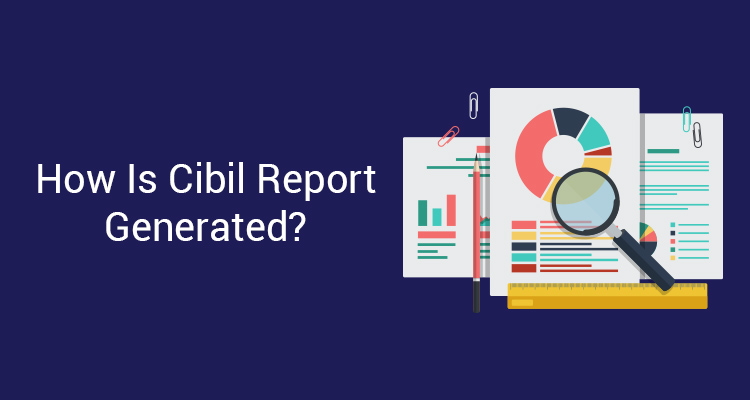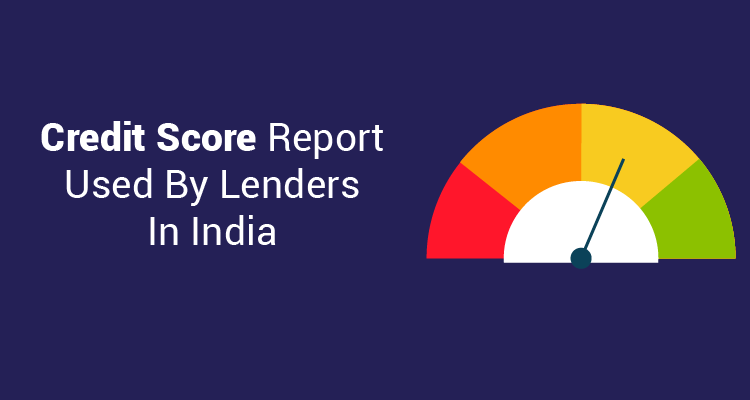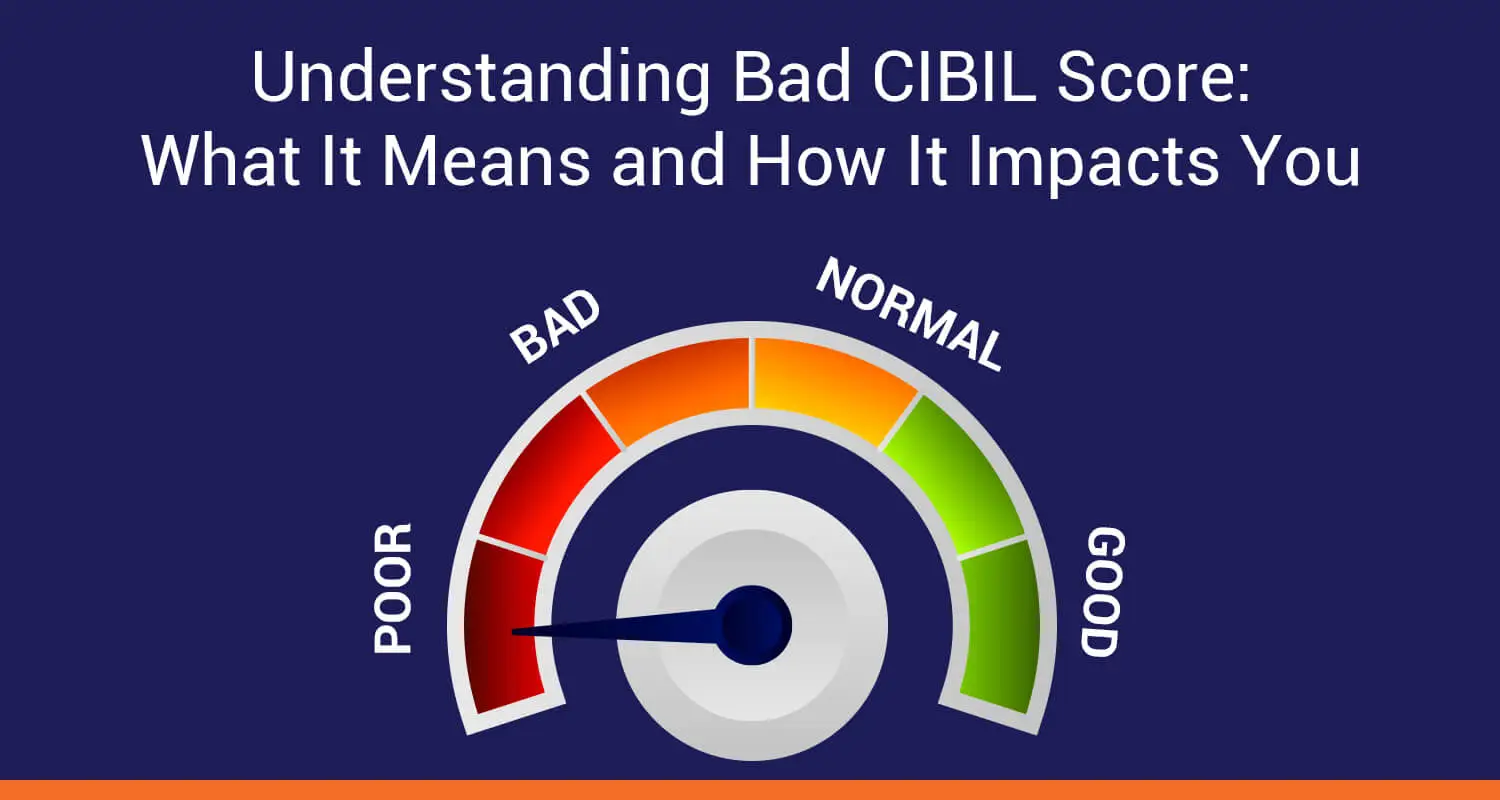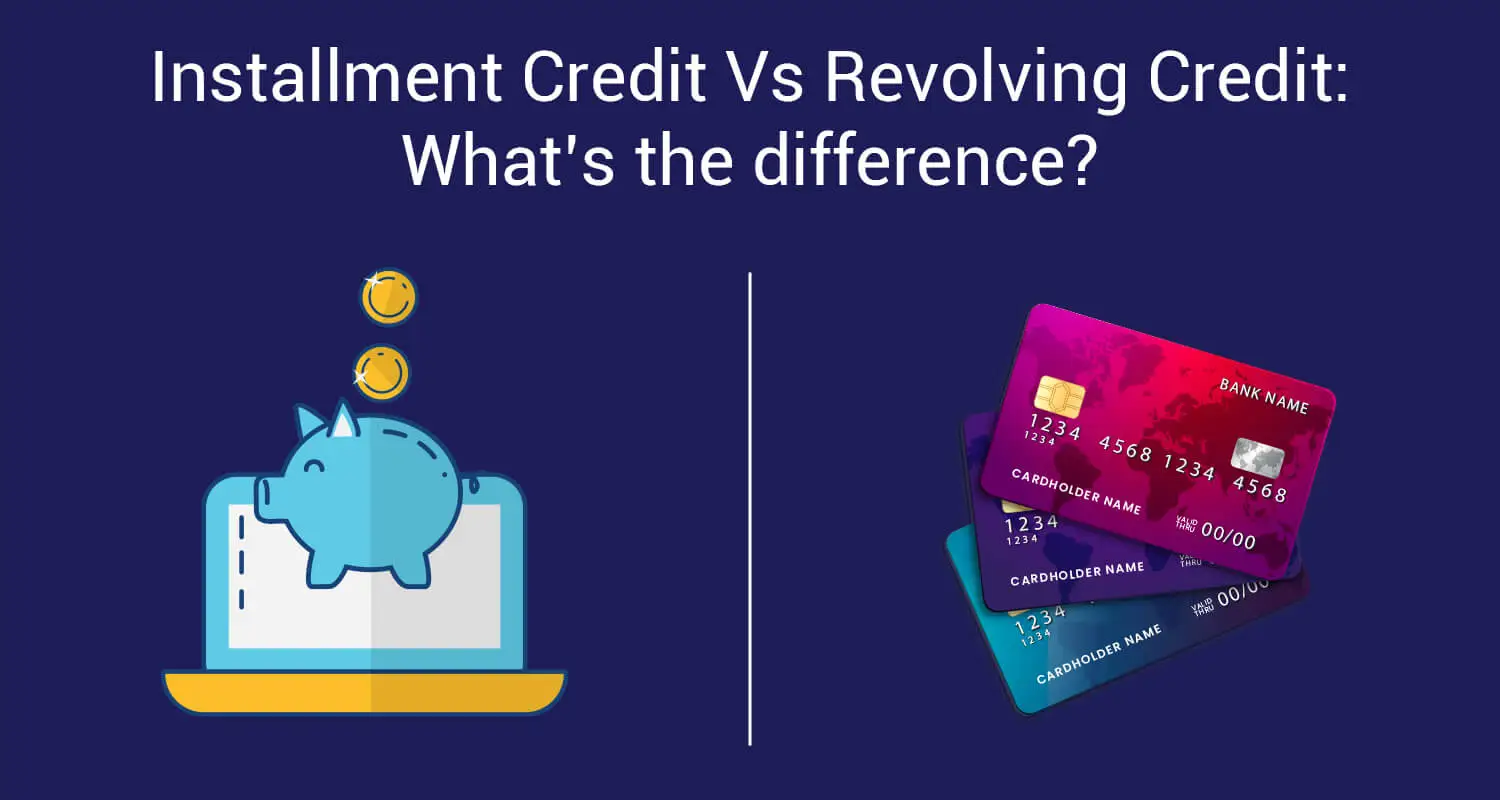Fico Score vs Credit Score vs Experian: What's the Difference
In this article we'll understand what is fico score, credit score and experian and whats the difference between the three and what score matters the most and importance of each.
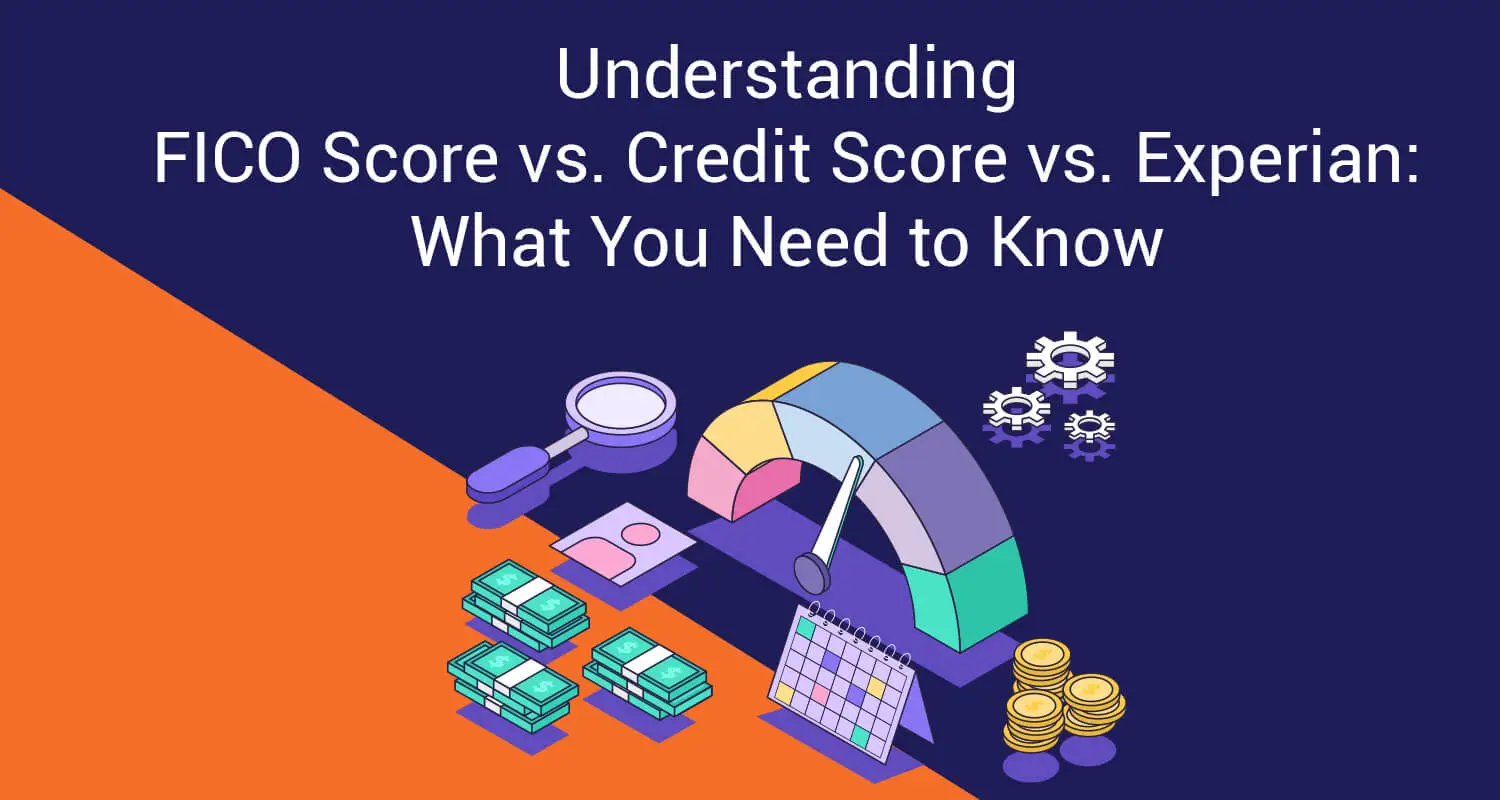
When we talk about credit and lending, you often hear words like FICO Score, credit score, and Experian. These words appear often used and the common man finds these terms confusing. What are they, and what is the difference between these terms? What is Experian vs CIBIL score? What is an Experian score? What does credit score Experian mean? Let’s examine these concepts to help you better understand them and see how they influence your creditworthiness.
FICO Score vs Credit Score: Deciphering the Terms
First, let’s find out the difference between a FICO and a Credit Score. Both these terms can mean the same thing. A credit score is a representation of how creditworthy you are. So, a high score would mean lenders see you as a low-risk borrower, and a low score would mean you’re a high-risk one. It is determined by analyzing your credit report. Simply put, it's like a grade assigned to your credit history. This grade indicates how likely you are to repay your loans or any borrowed money.
Let’s consider the FICO Score. It refers specifically to credit scores calculated by the Fair Isaac Corporation (FICO). This company develops credit scoring models. So in other words, all FICO Scores are credit scores, but not all are FICO Scores. Let’s introduce one more term – Experian.
Experian: Understanding the Credit Reporting Agency
Experian is one of America's three top credit bureaus, the others being TransUnion and Equifax. These institutions collect as well as maintain credit information about all consumers. They have much computing power to compile detailed credit reports that lenders use to assess consumers' creditworthiness based on this credit information. Experian, in particular, offers consumer credit monitoring services. It also provides credit scores based on the data in its credit reports, which lenders rely on when considering giving people loans. These scores are often referred to as Experian Credit Scores.Distinguishing Characteristics: FICO Score vs Experian Credit Score
Let us compare a FICO Score to an Experian Credit Score. When comparing the two, there are some key distinctions to note. Remember that both scores aim to assess credit risk. However, they might use different scoring models and algorithms to calculate the final score. Consider that FICO Scores range from 300 to 850; higher scores indicate lower credit risk. On the other hand, Experian Credit Scores fall within this range and are based on information from Experian's credit reports.Variability in Scores: Why Do They Differ?
One question that often arises is why individuals may have different FICO and Experian Credit Scores. The answer lies in the complexity of credit scoring models and the diversity of credit reports. FICO periodically updates its scoring models to reflect changing consumer behavior and lending practices. Lenders may also use different versions of FICO Scores or alternative scoring models altogether. Similarly, variations in credit report data among the three major bureaus can lead to discrepancies in scores.Sapna aapka. Business Loan Humara.
Apply NowNavigating the Credit Landscape: Which Score Matters?
With multiple credit scores floating around, you might wonder which holds the most weight. The truth is, it depends on the lender and the type of credit you're seeking. Mortgage lenders, for instance, may prioritize specific FICO Score versions tailored to mortgage lending decisions. Meanwhile, auto lenders or credit card issuers might favour alternative scoring models. Ultimately, your goal should be to maintain a positive credit profile across all scoring models and credit reports, regardless of the specific score used by a lender.| Aspect | FICO Score | Credit Score | Experian |
|---|---|---|---|
| Definition | A credit score by the Fair Isaac Corporation (FICO), representing an individual's creditworthiness based on credit report data. | A numerical assessment of credit risk, derived from analyzing credit report information. | A credit scoring model offered by Experian, one of the three major credit bureaus, reflecting creditworthiness based on Experian credit reports. |
| Origin | Developed by Fair Isaac Corporation (FICO). | Various scoring models developed by different entities, including FICO and other companies. | Offered by Experian — a major credit bureau. |
| Score Range | Typically ranges from 300 to 850. | Varies depending on the scoring model used; commonly ranges from 300 to 850. | Generally ranges between 300 and 850, consistent with FICO Scores. |
| Calculation Method | Utilizes proprietary algorithms developed by FICO, analyzing credit report data from all three major credit bureaus (Experian, TransUnion, and Equifax). | May employ different algorithms and scoring methodologies, depending on the scoring model used. | Utilizes data from Experian credit reports, applying scoring algorithms specific to Experian's model. |
| Version Variability | Offers multiple versions of FICO Scores, tailored for different lending purposes and updated periodically to reflect changing consumer behaviour and lending practices. | Various scoring models and versions exist, developed by different entities, each with its own update cycle and purpose. | N/A - Experian provides credit scores based on its proprietary scoring model. |
| Lender Preference | Many lenders use FICO Scores as a primary factor in credit decision-making, particularly for mortgage lending. | Lenders may prioritize specific scoring models or versions based on their preferences and industry standards. | Lenders may consider Experian Credit Scores alongside other credit scores when assessing credit applications. |
| Importance for Consumers | FICO Scores are widely recognized and utilized by lenders, making them crucial for individuals seeking credit approval and favorable loan terms. | Credit Scores serve as a benchmark for creditworthiness, influencing loan approval, interest rates, and credit limits. | Experian Credit Scores provide insight into an individual's credit health, helping consumers understand their standing in the eyes of lenders. |
The Importance of Credit Awareness
Understanding the distinctions between FICO Score, Credit Score, and Experian is crucial for navigating the credit landscape. While these terms may seem interchangeable, they represent different facets of credit evaluation, each with its own nuances and implications. By staying informed about your credit standing and actively monitoring your credit reports and scores, you can be sure to make informed financial decisions and achieve your long-term goals.
FICO Score vs. Credit Score vs. Experian encapsulates the multifaceted nature of credit assessment, highlighting the interconnectedness of scoring models, credit bureaus, and individual credit profiles.
Sapna aapka. Business Loan Humara.
Apply NowDisclaimer: The information contained in this post is for general information purposes only. IIFL Finance Limited (including its associates and affiliates) ("the Company") assumes no liability or responsibility for any errors or omissions in the contents of this post and under no circumstances shall the Company be liable for any damage, loss, injury or disappointment etc. suffered by any reader. All information in this post is provided "as is", with no guarantee of completeness, accuracy, timeliness or of the results etc. obtained from the use of this information, and without warranty of any kind, express or implied, including, but not limited to warranties of performance, merchantability and fitness for a particular purpose. Given the changing nature of laws, rules and regulations, there may be delays, omissions or inaccuracies in the information contained in this post. The information on this post is provided with the understanding that the Company is not herein engaged in rendering legal, accounting, tax, or other professional advice and services. As such, it should not be used as a substitute for consultation with professional accounting, tax, legal or other competent advisers. This post may contain views and opinions which are those of the authors and do not necessarily reflect the official policy or position of any other agency or organization. This post may also contain links to external websites that are not provided or maintained by or in any way affiliated with the Company and the Company does not guarantee the accuracy, relevance, timeliness, or completeness of any information on these external websites. Any/ all (Gold/ Personal/ Business) loan product specifications and information that maybe stated in this post are subject to change from time to time, readers are advised to reach out to the Company for current specifications of the said (Gold/ Personal/ Business) loan.
